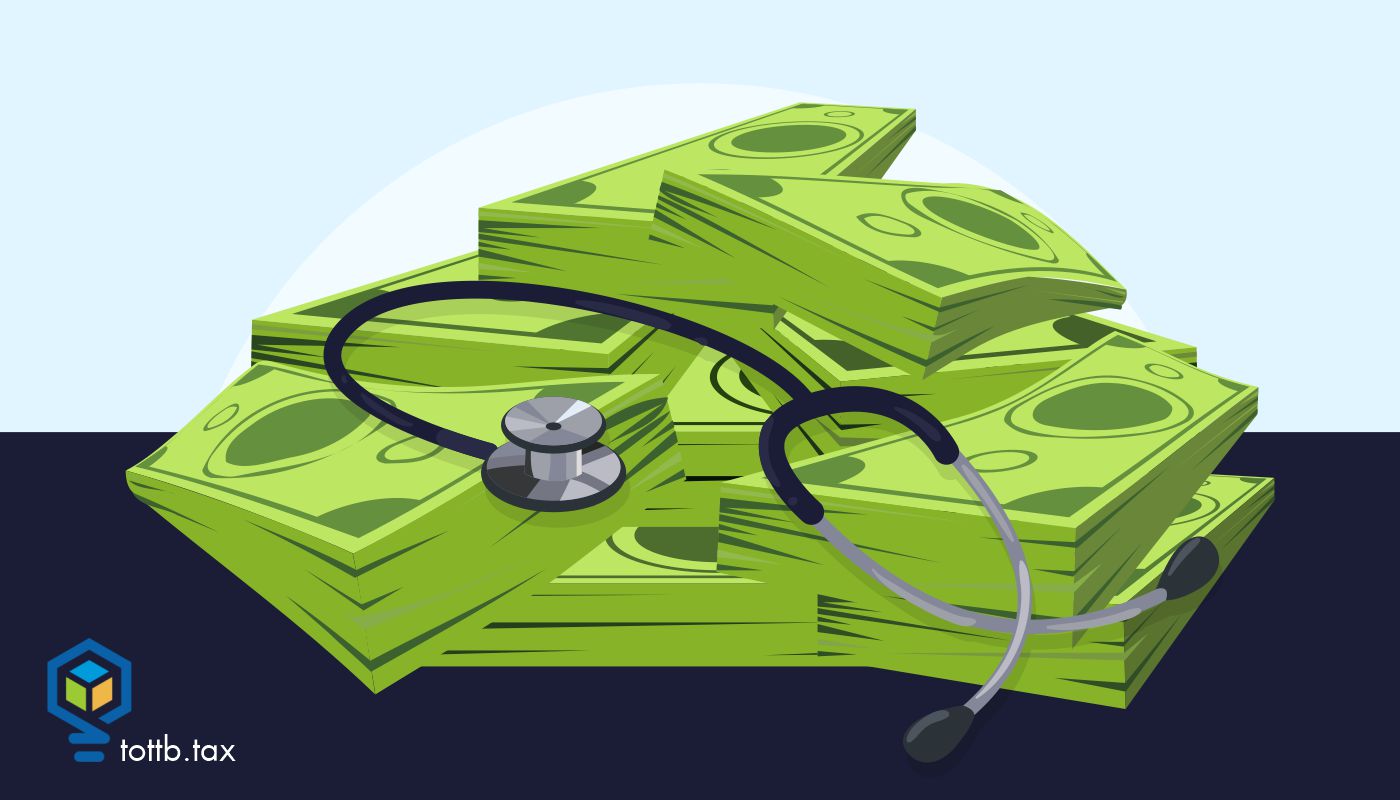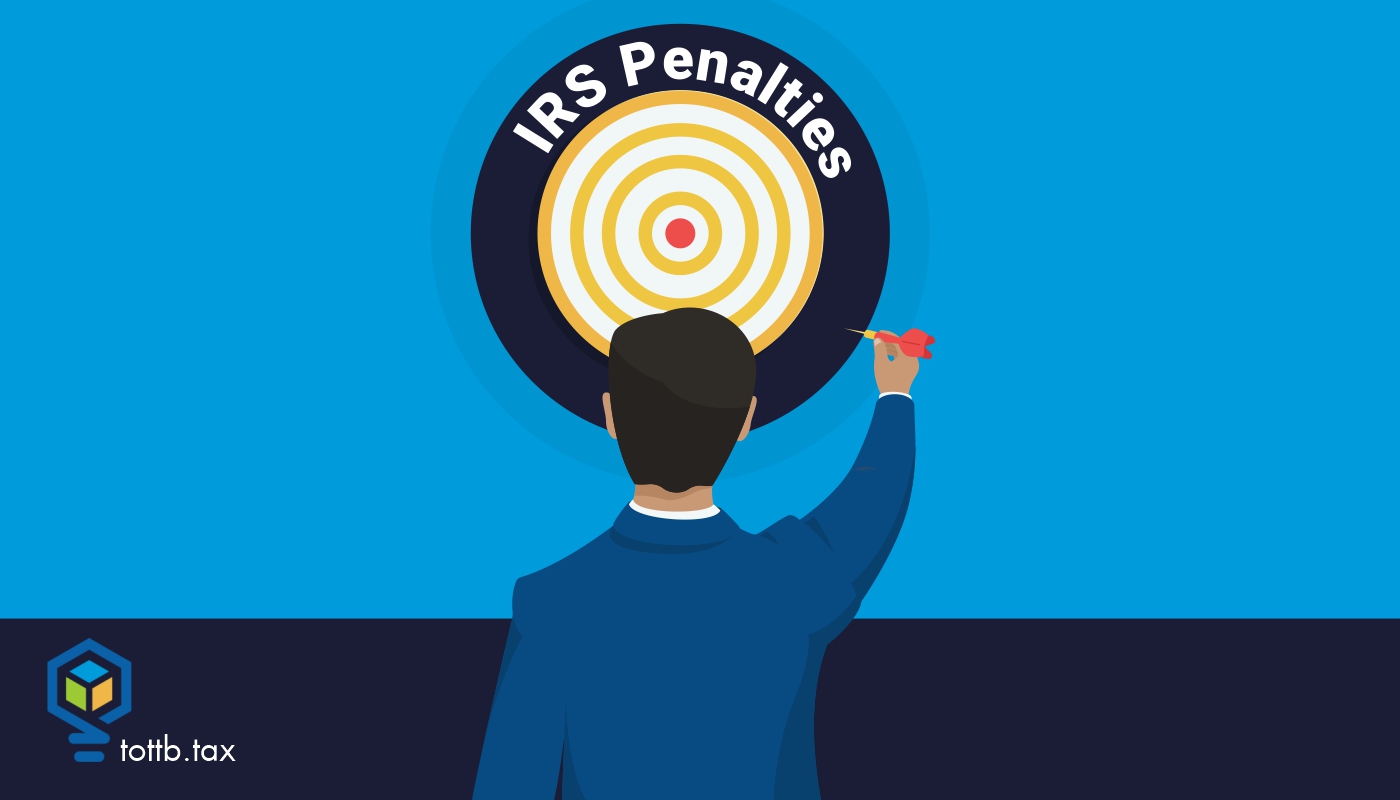A penalty specifically for taxpayers who have made a mistake on their return. That's how I explain the accuracy related penalty to taxpayers. This penalty carries a punch as well, with 20% of the tax the IRS didn't receive due to the taxpayer making a mistake. This seems harsh out of context. The reason for this harshness is because the IRS considers these "mistakes" to be intentional due to taxpayer negligence. This is one of the reasons at my firm that we encourage our clients to take their time when filling out the intake form and gathering their documents. Omitting an income document can be costly in the end to both you and your client. The IRS will hit your client with penalties that they could have avoided, and you may compromise the integrity of your firm.

Tackling Taxes On an Inherited HSA
The Health Savings Account (HSA) is a first line of defense tax strategy. Contributions are deductible and earnings are tax-free if used for qualified medical expenses. There are numerous features to the HSA that secure maximum tax benefits. Structured properly, an HSA can provide serious tax-free money to beneficiaries as well as the account holder. Before we review the implications of inheriting an HSA, let’s review some of the powerful features an HSA has that increases the value of the account.






